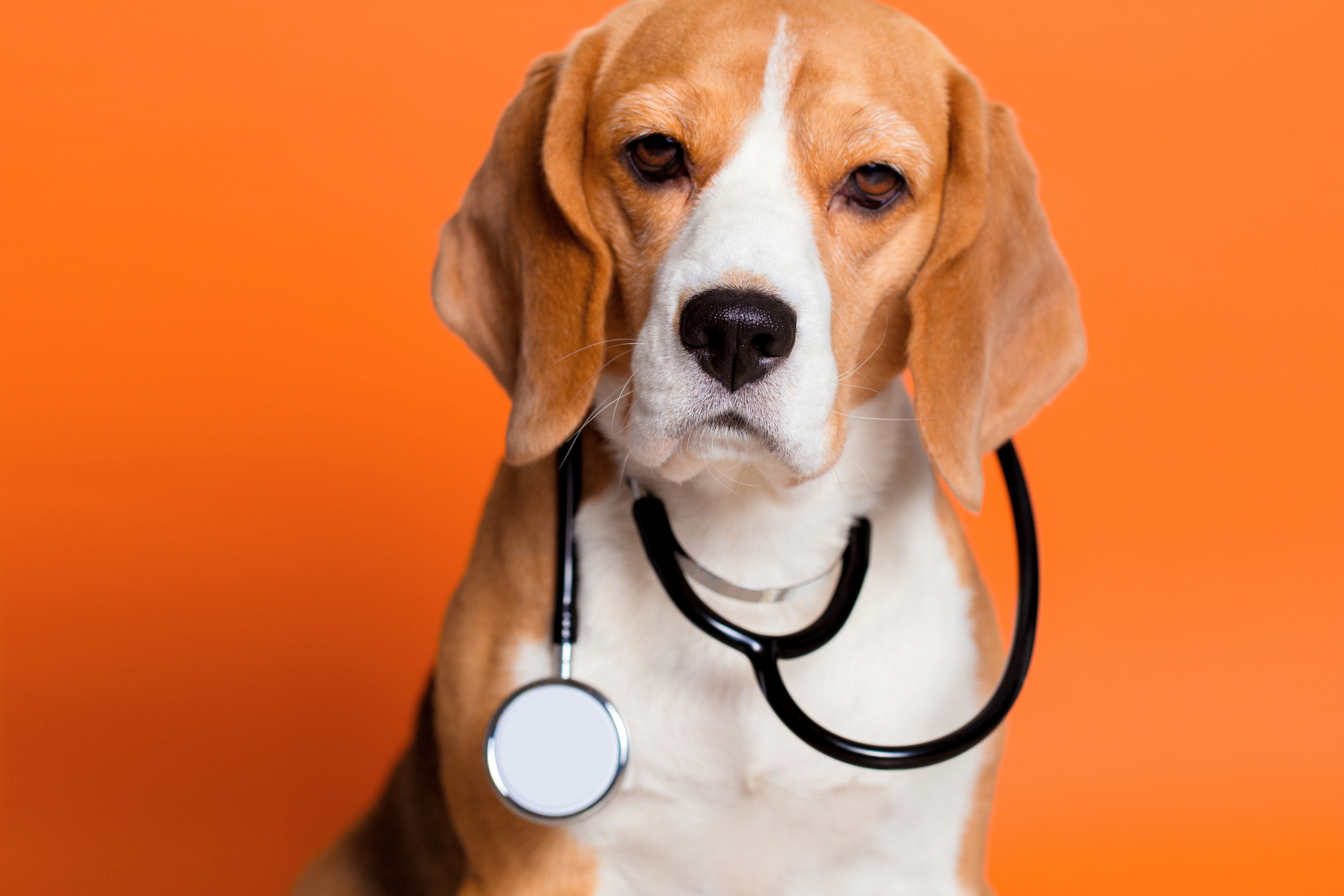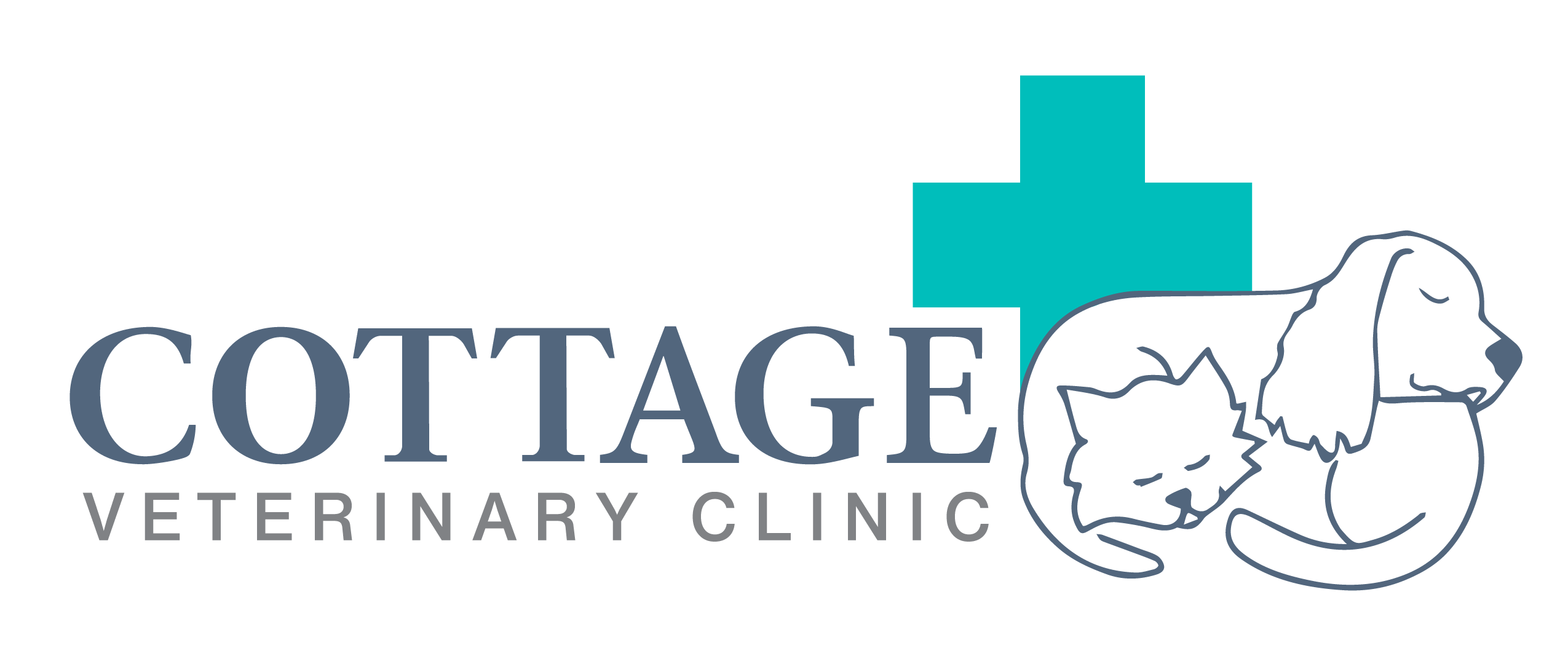
Small Animal Cardiology
At Cottage Vets we are proud to offer a small animal cardiology service to your pets. This service is led by veterinary surgeon Sarah Conboy, a certificate holder in Small Animal Cardiology.
We offer a comprehensive workup for many cardiac conditions including ultrasonography, radiology and electrocardiography (ECG) and we can provide the latest in medical treatments for your pet’s heart disease.
Our priority is your pet’s comfort. These tests are safe, non-invasive and sedation is usually not required.
Heart Disease in Dogs
Approximately 10% of dogs visiting a veterinary clinic will suffer with heart disease. Small dogs tend to be affected by degeneration of their heart valves, most commonly the mitral valve, whilst larger dogs can suffer with heart enlargement due to weakening of the heart muscle (Dilated Cardiomyopathy (DCM)).
Signs
Some common signs of heart disease include:
- Reduced exercise levels
- General reduction in activity levels
- Increased breathing rate
What Can we Do
Every pet that visits the clinic will have a general clinical exam during which the vet will listen to your pets heart. If any abnormality is detected a more advanced cardiac examination will be recommended. This will generally involve a thorough ultrasound of the heart and sometimes x-ray and an ECG will be required. Your vet will then discuss these results with you and appropriate treatment can be started.
Ultrasound
Generally ultrasound is the most useful diagnostic tool for heart disease. It is non-invasive and allows us to look at the heart in real time. We use it to measure heart size, assess the heart valves and measure pressure gradients within the heart. Most patients will tolerate this without sedation as it is non-painful.
Radiology
We may use x-rays to help assess heart size and look for evidence of fluid build-up within the lungs. This is also very useful in small dogs who often also have concurrent airway disease in their older age.
ECG
This records the electrical activity of the heart allowing us to detect and diagnose any abnormalities with the heart rhythm. This can be particularly important in large breed dogs.
Heart Disease in Cats
Cats tend to suffer with a type of heart disease that affects the heart muscle leading to thickening of the heart walls called Hypertrophic Cardiomyopathy (HCM). Approximately 15% of cats are affected by this disease but it can be difficult to spot as many do not show symptoms particularly early on in the disease. There is currently no treatment proven to slow progression of this disease.
However, diagnosis via ultrasound examination is still very important to allow us to assess the risk involved for each patient and determine if medication may be useful.
